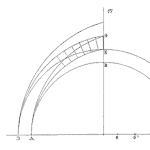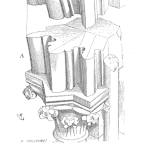
Sometimes we can only test one use case before we ship our product. So what should it be? Should it be the hardest use case? The nominal use case? The 95th percentile use case?
No! It should be the “midlife crisis use case.” What is it? I’ll show you.












